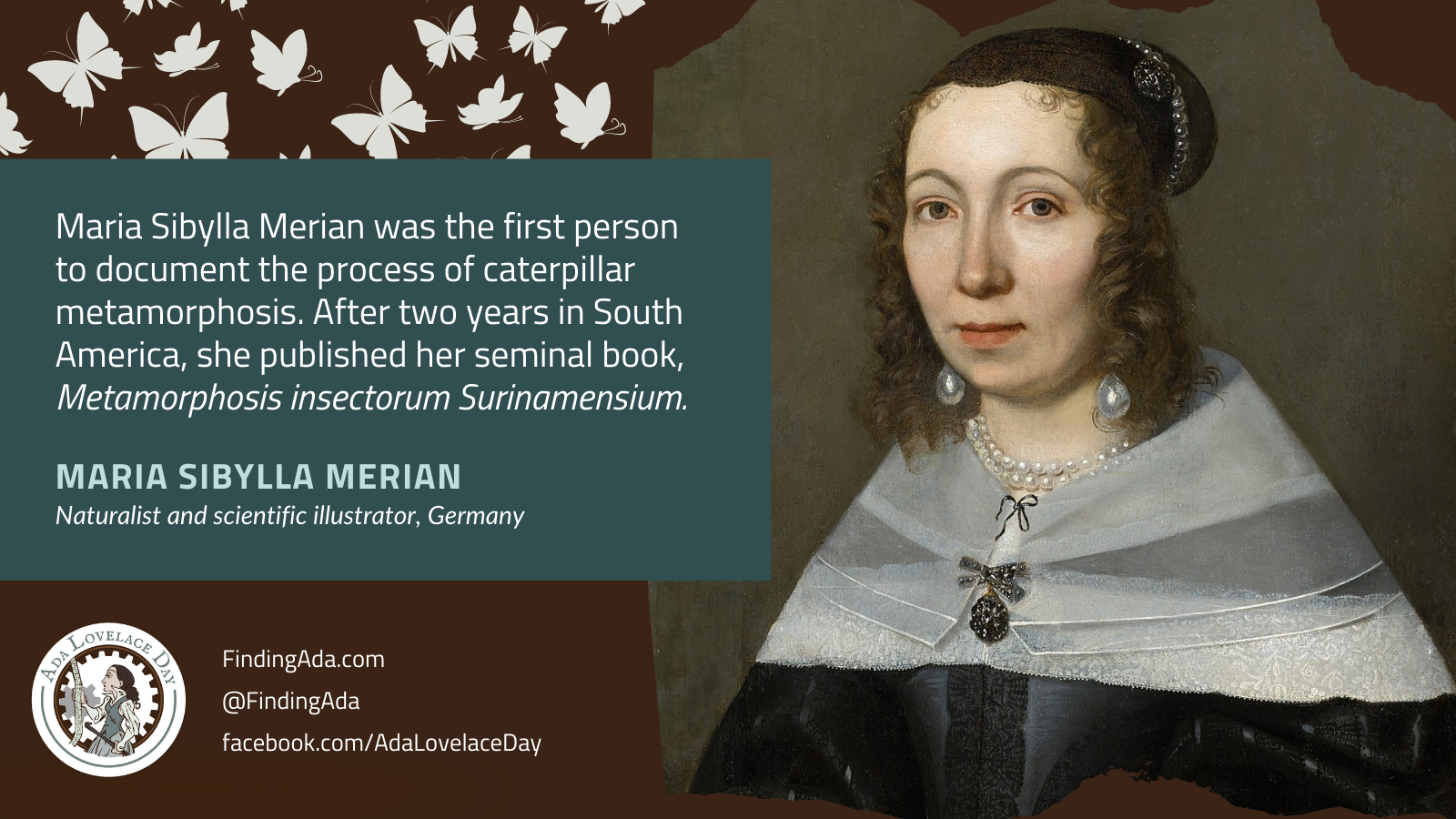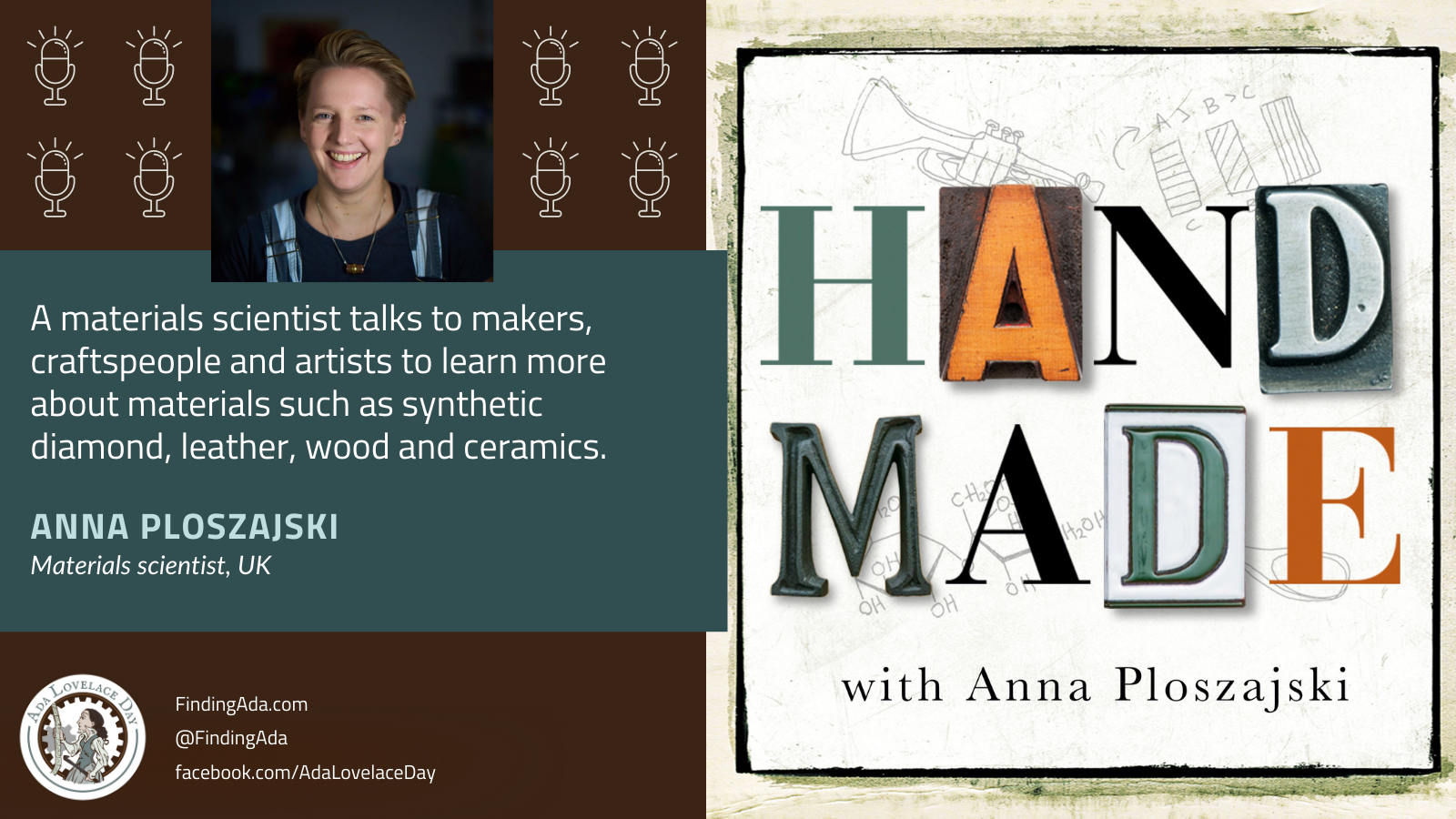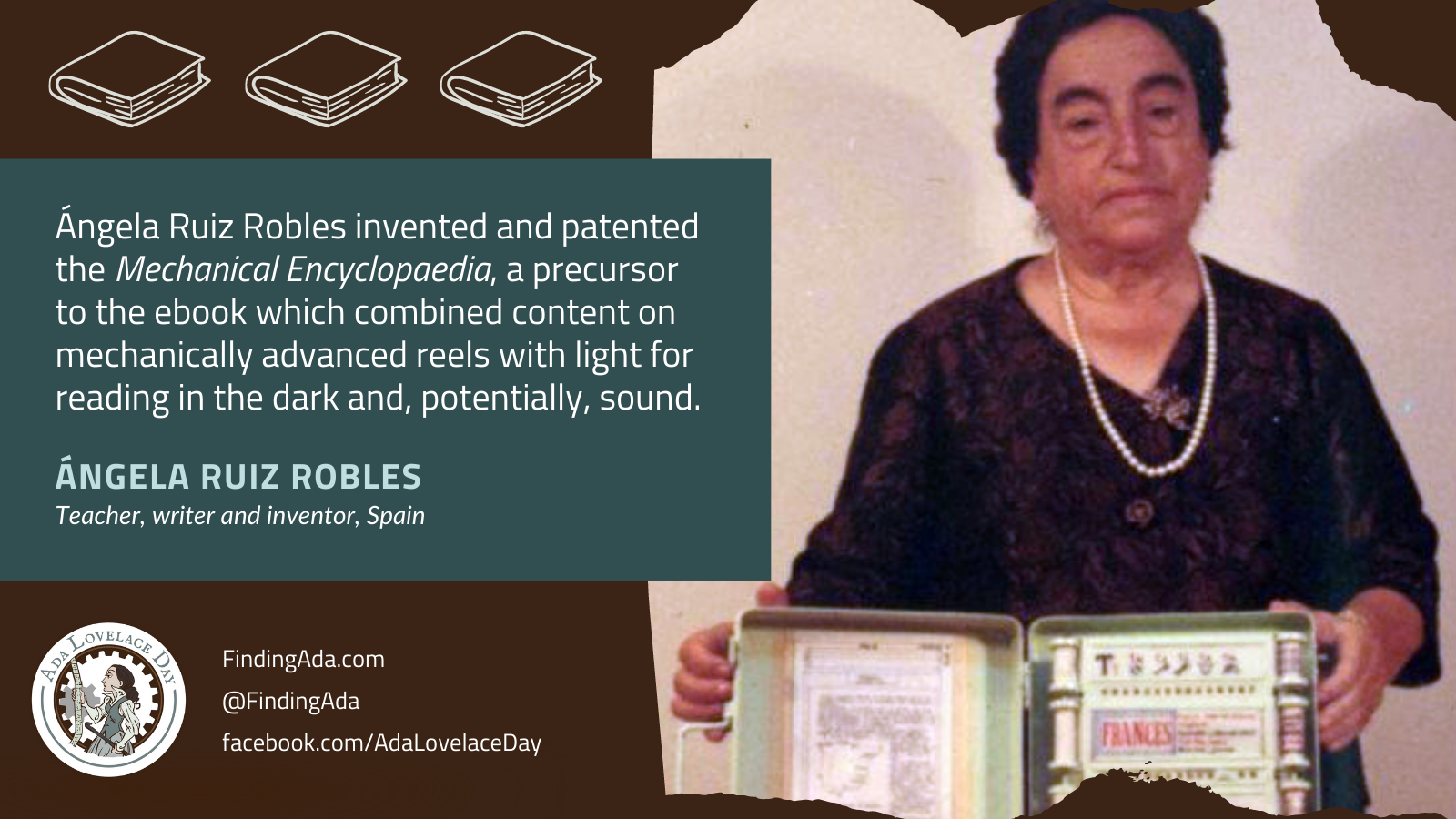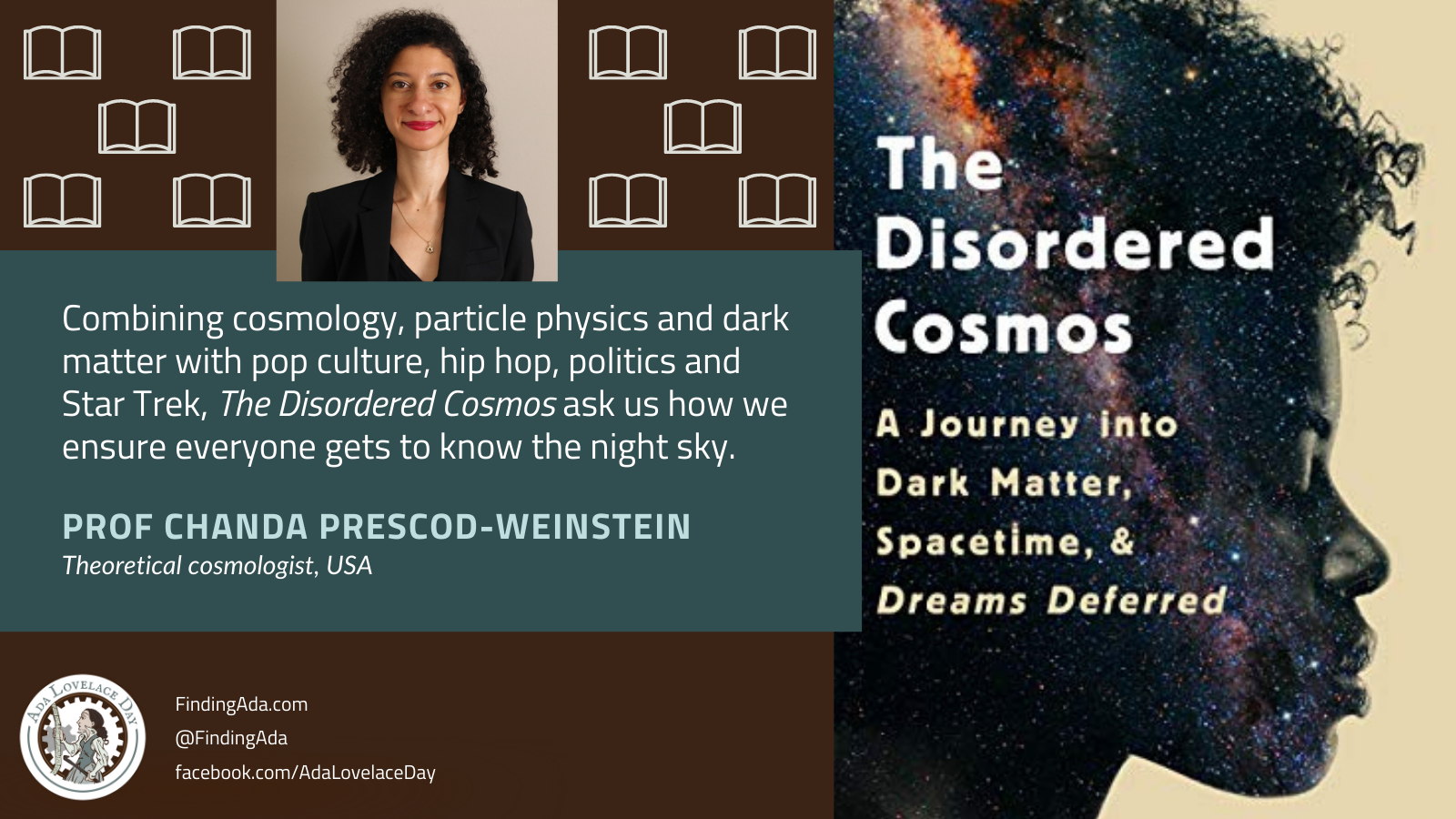Using maths to model music – Professor Elaine Chew, 2015
Professor Elaine Chew demonstrates how she uses mathematical and computational models, with scientific visualisation, to explain what musicians do.
Elaine Chew is a Visiting Professor at King’s College London, and senior researcher at the Institut de Recherche et Coordination Acoustique/Musique (IRCAM) in France. A classically trained pianist and operations researcher, she uses mathematical and computational models, with scientific visualisation, to explain what musicians do. She was a 2005 (US) National Science Foundation-nominated honoree of the Presidential Early Career Award For Scientists And Engineers and 2007-2008 recipient of the Edward, Frances, and Shirley B. Daniels Fellowship at Harvard’s Radcliffe Institute for Advanced Study. She has the unique honour of having appeared twice in Ignobel presentations: as pianist in the Duct Tape Opera and as scientist-musician in a technical analysis of PDQ Bach.
You can follow her work here:
Website: https://elainechew-research.blogspot.com/
LinkedIn: https://www.linkedin.com/in/elainechew/
Recorded at the IET and sponsored by Digital Science, you can watch the rest of the Ada Lovelace Day Live 2015 playlist here.



